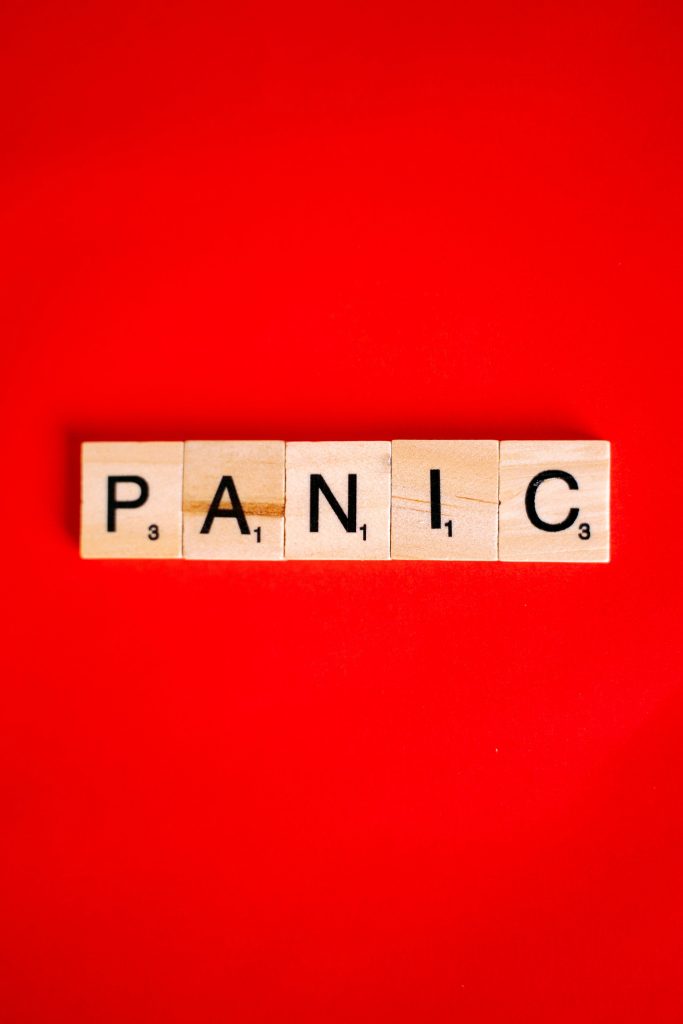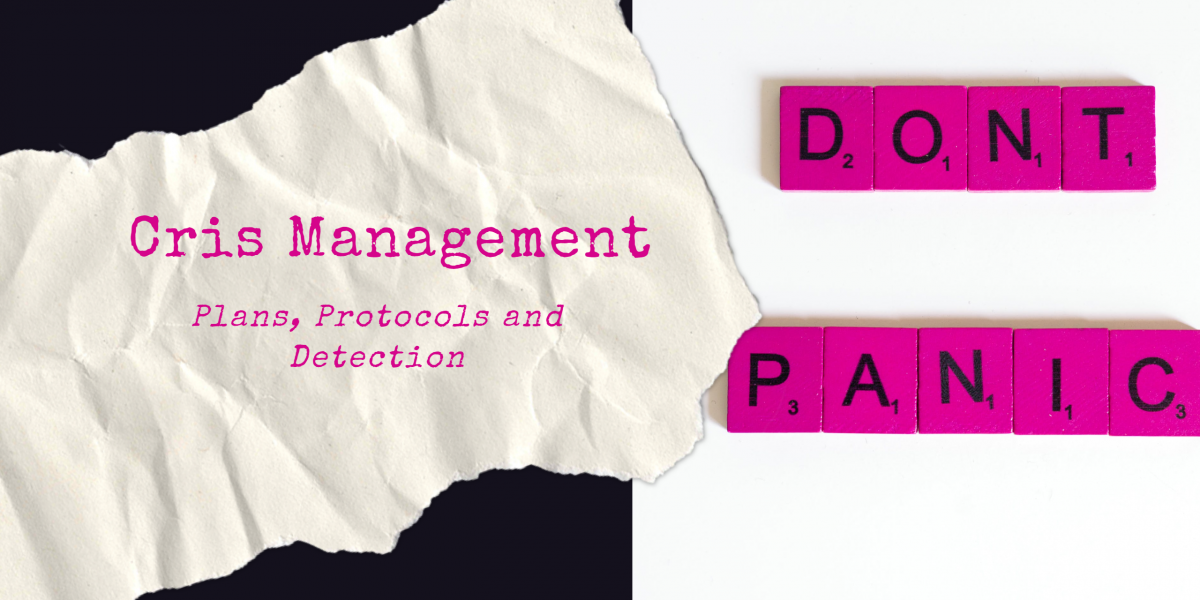
Why a Crisis Management Plan Matters
A crisis can strike when you least expect it, and in the digital age, news travels fast. And bad news travels faster. A brand’s reputation, customer trust, and even its bottom line can be destroyed in a matter of hours. Having a crisis management plan in place is not a luxury but a necessity for UK businesses. Here’s why:
Reputation Protection: A crisis management plan is your shield against damage to your brand’s reputation. Swift and effective response can mitigate negative perceptions and help rebuild trust with your customers and stakeholders.
Legal and Regulatory Compliance: Many crises involve legal or regulatory considerations. A well-structured plan ensures that your response aligns with legal requirements and minimises potential liabilities.
Stakeholder Confidence: A proactive response to a crisis can reassure your stakeholders, including employees, shareholders, customers, and suppliers. It demonstrates that you are in control and working to resolve the issue.
Competitive Advantage: Brands that handle crises well can actually emerge stronger and gain a competitive edge. Consumers appreciate transparency, honesty, and responsibility in times of adversity.
There are thousands of examples of companies coming under fire and dealing with those crises. Some well-known, reported ones include:
The BP Oil Spill (2010): BP faced a massive crisis when the Deepwater Horizon oil rig exploded in the Gulf of Mexico, causing a massive oil spill. BP had to manage not only the environmental disaster but also the reputational damage and legal consequences.
Tesco’s Accounting (2014): Tesco, one of the largest retailers in the UK, was embroiled in a crisis when it was revealed that the company had overstated its profits by £250 million. The scandal led to the resignation of top executives and investigations by regulatory authorities.
Volkswagen Emissions (2015): Although Volkswagen is a German company, the emissions scandal had a significant impact in the UK and worldwide. Volkswagen had to manage a crisis when it was revealed that they had manipulated emissions data in their diesel vehicles, leading to lawsuits and a damaged reputation.
British Airways IT (2017): British Airways faced a major crisis when an IT system failure led to the cancellation of numerous flights, causing inconvenience to thousands of passengers and damaging the airline’s image.
Tata Steel (2016-2017): The UK’s steel industry faced a crisis as Tata Steel announced its intention to sell its UK steel plants, putting thousands of jobs at risk and leading to a national debate about the future of the industry.
Royal Bank of Scotland (RBS) Financial Crisis (2008): RBS was severely affected by the global financial crisis, requiring a government bailout to prevent its collapse. This crisis had a significant impact on the UK’s financial sector.
Facebook and Cambridge Analytica (2018): The scandal involving Facebook and Cambridge Analytica had significant repercussions in the UK. The misuse of user data for political purposes led to investigations, public outrage, and regulatory scrutiny.

Above: NASA’s Terra Satellites sees the BP oil spill off the Mississippi Delta on May 24, 2010.
What Should a Crisis Management Plan Cover?
Now that we’ve established the importance of a crisis management plan, let’s look into what a crisis management plan should include.
Identify Potential Crises: Start by identifying potential crisis scenarios that your brand could face. This could be product recalls, PR nightmares, cybersecurity breaches, data breaches, health and safety scenarios, libel/defamation, and more.
Team and Responsibilities: Clearly define the roles and responsibilities of your crisis management team. This team (however small it might be) should include key decision-makers, spokespersons, and individuals with expertise in areas relevant to the crisis.
Communication Strategy: Develop a robust communication strategy that outlines how and when to communicate with internal and external stakeholders. This should include templates for press releases, social media posts, and internal memos. If you don’t possess the experience or skills to do this, contact a PR agency with experience in crisis management (which, for the record, includes Palamedes). Many will draw up a comms strategy and a wider crisis management strategy and will remain on hand, with no further fees, until such a time that they might be needed.
Contact Information: Maintain an up-to-date list of contact information for all team members, external agencies, and relevant authorities. Quick communication is essential in crisis management.
Monitoring and Detection: Implement tools and processes for monitoring social media, news outlets, and other sources for early detection of potential issues. This allows you to respond promptly. Hootsuite is a great choice but there are others on the market.
Response Protocols: Create a step-by-step guide for responding to various crisis scenarios. This should include decision-making processes, resource allocation, and an escalation plan.
Media Training: Ensure that designated spokespersons are well-trained in dealing with the media, staying on message, and handling tough questions effectively. Again, most reputable PR agencies, Palamedes included, can provide tailored media training for brands of all sizes.
Post-Crisis Evaluation: After a crisis has (hopefully) been resolved, evaluate your response and identify areas for improvement. Incorporate these lessons into your crisis management plan for continuous enhancement.

In today’s volatile business environment, having a crisis management plan is not just a prudent choice but an absolute necessity
– Start planning as soon as you can
A Summary
UK brands must be prepared to face some form of crisis management, especially as they expand. By developing a comprehensive crisis management plan that covers all necessary aspects, you can protect your brand’s reputation, put confidence in (and reassure) stakeholders, and maintain a competitive edge whatever happens. Remember, it’s not a matter of if a crisis will occur, but when, and being prepared is the key to weathering the storm successfully.




